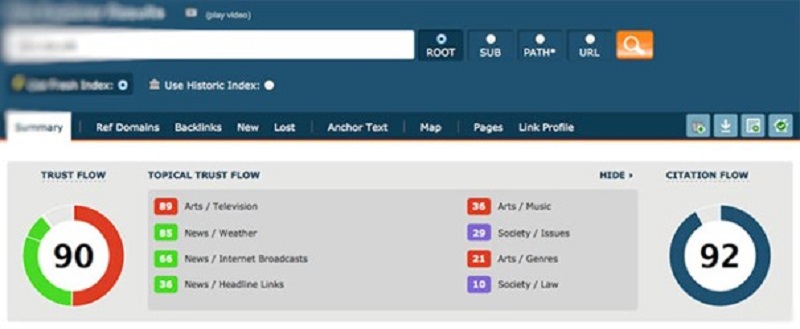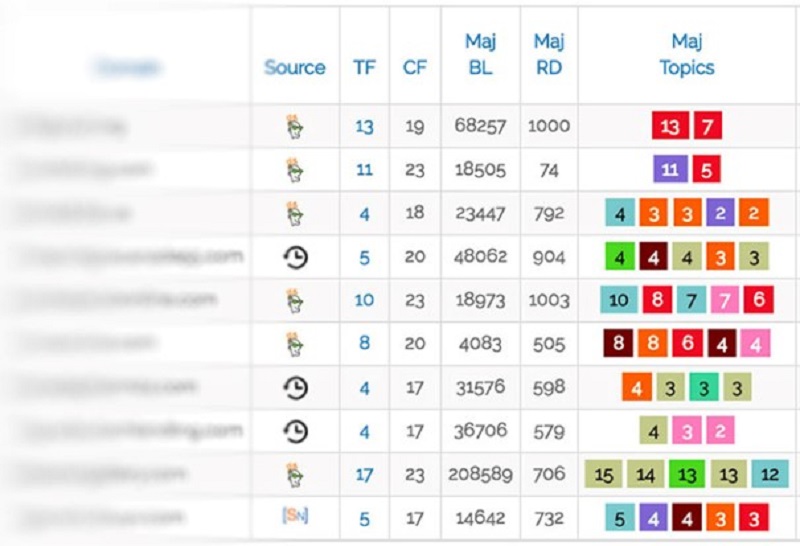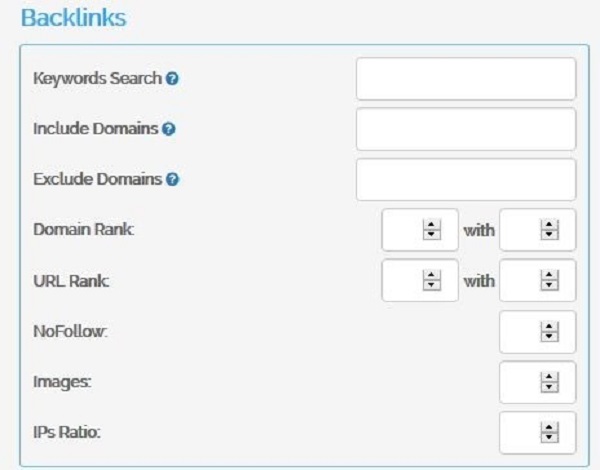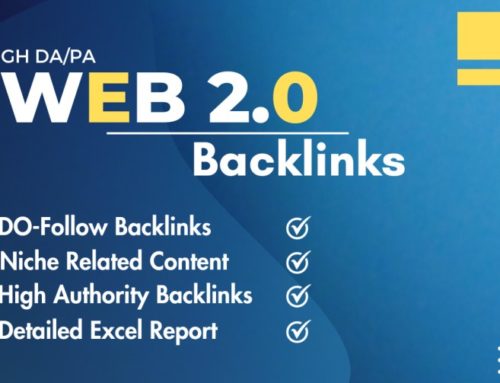What are relevant backlinks? Relevance is all about being closely tied or fitting well with something else. In the world of websites, link relevance is when a backlink pointing to your site is a good match or closely connected to what your site or page is all about.
Just like how your on-page stuff and content speak volumes, link relevance communicates to Google what your site is really about. This helps Google enhance the user experience by delivering the most fitting results. Making your page super relevant to your keywords involves tweaking your content and on-page SEO. At the same time, your link-building strategy, or, to be exact, your link relevance, plays a key role in convincing Google that your page is spot-on for those specific keywords in its search engine eyes.
How Important is Link Relevance?
Understanding the importance of relevance is crucial, but just how vital is link building for this? It’s extremely crucial.
In the process of crafting your link-building strategy, assessing the value of a link back to your site involves focusing on what we call the “Holy Trio” – power, authority, and relevance:
- When considering link influence, we view power as the direct boost a link provides. The strength of a link is often gauged by the backlinks directed to a specific page or blog post. This strength is then conveyed to your site when that page links to you.
- Authority is like the overall power and trust of a whole domain. Take NBC news, for example; it holds significant authority in the eyes of Google. So, if a high-authority domain like NBC news links to your site, it transfers that trust and authority to your website.
- Now, let’s talk about relevance. If a website or page is relevant to a specific location or niche and decides to link to your site, that relevance is also transferred to your site.
All three of these factors—authority, power, and relevance—are pivotal in the realm of link-building. To rank effectively, we require a balance of all three. Picture it like a sliding scale:
- Low power necessitates more authority and relevance.
- Low authority calls for more relevance and power.
- Low relevance means you need more authority and power to level things out.
Can non-relevant backlinks benefit your SEO?
Absolutely. Just because a link lacks direct relevance doesn’t render it useless or low-quality. Even with less relevance, a powerful, authoritative backlink can still work wonders for boosting your search results page rankings and traffic.
Yet, it’s important to acknowledge that having relevance in a link is generally preferable. If you face two similar links, but one is highly relevant while the other isn’t, opting for the more relevant backlink is a wise choice.
Realistically, it’s not always feasible to secure highly relevant links every time. So, a few links that aren’t as on-point as you’d like them to be shouldn’t be a cause for concern. However, what you want to avoid is having a backlink profile dominated by only non-relevant or somewhat relevant links.
To convey to search engines like Google what your sites and their pages are all about, guide them on which search terms to prioritize for your pages, and demonstrate that your blog posts carry more relevance than your competitors’ pages, you need relevant links. Associating your website with numerous non-relevant links from low-authority domains could lead to penalties, and you might observe a significant drop in your search traffic if this occurs.
Using Majestic to Check for Relevance
Majestic provides a feature that gives insights into a website’s theme by analyzing the relevance of its inbound links. While it may not be precise, it is a handy shortcut for understanding the website’s overarching focus.

The handy color-coded key simplifies the process of understanding what the website is considered relevant for.
When it comes to domain hunting, Spamzilla offers some remarkable features. They seamlessly integrate Majestic’s API into their platform, allowing you to effortlessly grasp the thematic focus of each website without the need for individual clicks.

What’s even more impressive is their ability to enable keyword searches within the backlink profiles of domains, mirroring the approach we took earlier in the tutorial using Ahrefs.

This tool proves exceptionally potent in identifying domains with pertinent backlink profiles for specific keywords. It becomes a valuable asset in uncovering a website that aligns perfectly with your project, potentially revealing hidden gems that might have escaped your notice.
How to Get Relevant Backlinks through Guest Posts
Getting relevant links through guest posts involves a strategic approach to building relationships. Here’s a step-by-step guide:
- Create High-Quality Content:
- Develop valuable, informative content that aligns with the host website’s audience.
- Ensure your content is well-researched, engaging, and provides real value.
- Research Potential Host Websites:
- Look for websites that accept guest posts in your niche.
- Check their domain authority, audience engagement, and relevance to your topic.
- Build Relationships:
- Engage with the website’s content by commenting on posts and sharing their content on social media.
- Follow the website and its contributors on social media.
- Craft a Captivating Pitch:
- Customize your pitch by using the name of the website owner or editor for a more personalized approach.
- Clearly state the purpose of your email, emphasizing the value your content will bring to their audience.
- Follow Submission Guidelines:
- Carefully read and adhere to the guest post submission guidelines provided by the host website.
- Pay attention to formatting, word count, and any specific requirements.
- Optimize Your Author Bio:
- Craft a concise and compelling author bio with links to your website or relevant social profiles.
- Highlight your expertise and why readers should trust your insights.
- Promote Your Guest Post:
- Once your guest post is published, actively promote it through your social media channels, email newsletter, and other platforms.
- Engage with comments on the guest post to build further connections.
- Monitor and Follow Up:
- Keep track of the performance of your guest post in terms of traffic, engagement, and backlinks.
- Stay in touch for potential future collaborations.
Remember, providing genuine value to the host website’s audience and building authentic relationships within your niche is the key.
Conclusion
That concludes our guide on backlink relevance. It’s crucial to remember that while link relevance is significant, it doesn’t hold the exclusive key to successful link building. Securing highly relevant backlinks isn’t always feasible, and links with lower relevance can compensate for their perceived shortcomings through elevated levels of power and authority.
Ready to soar to the top of search engine rankings like Resin Art Supply? Explore our service designed to supercharge your online visibility with relevant SEO backlinks. Contact us now to discuss how we can tailor our services to your needs.



